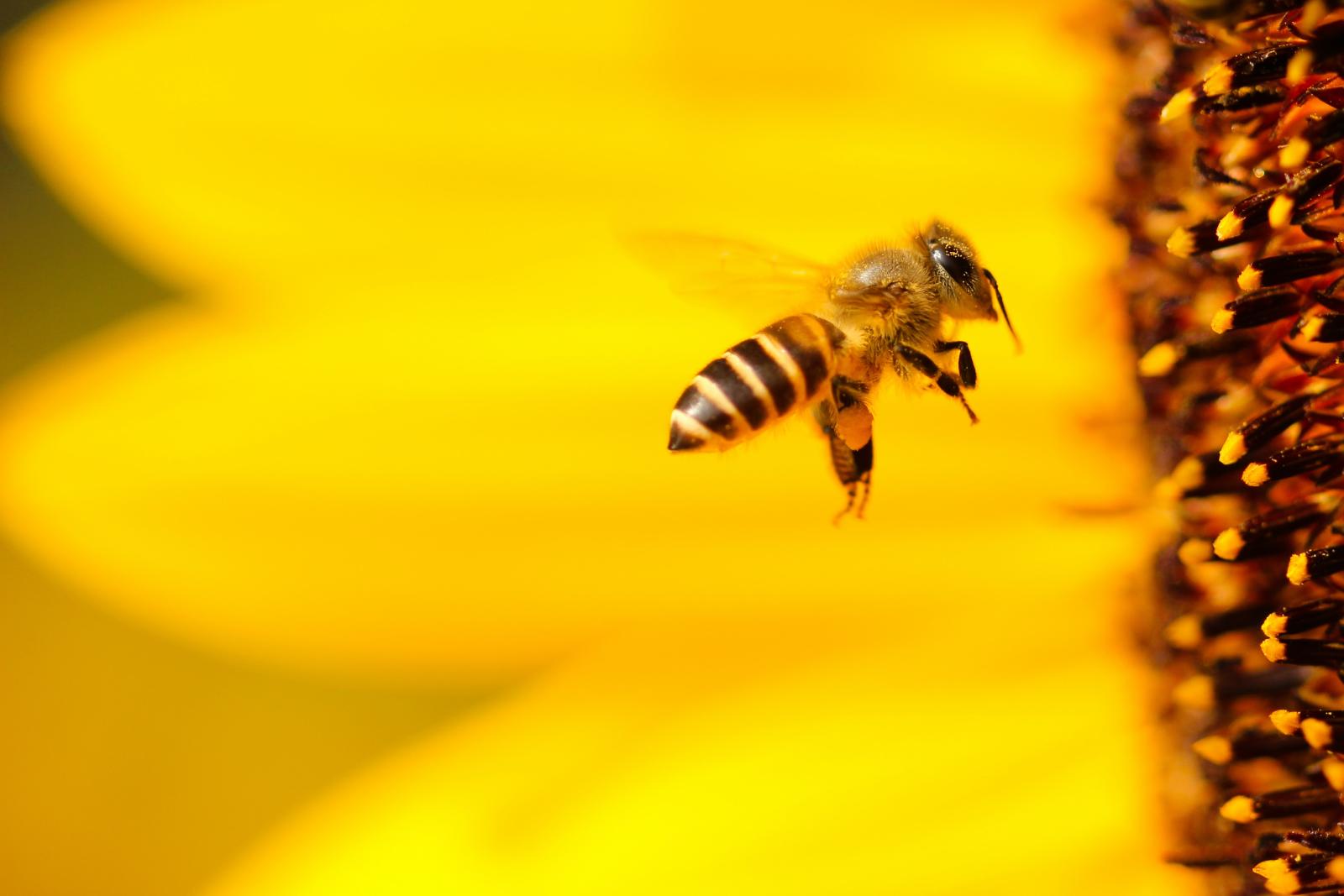With NASA’s Rocket Science 101, a new game designed for computers and iPad users by NASA, you don’t have to be a rocket scientist to launch a spacecraft.
As you take the Rocket Science 101 challenge, you can learn more about thrilling missions and the various components of the launch vehicles, how they are configured and how they work together to successfully launch a NASA spacecraft.
NASA’s Launch Services Program (LSP) does the same things for real rockets and exciting spacecraft missions every day.
[video: http://www.youtube.com/watch?v=PPOilR0X_J4]
LSP is located at the Kennedy Space Center in Florida and acts as a broker to match unmanned payloads with specific launch vehicles for customers to ensure mission success. The principal objectives of LSP are to provide safe, reliable, cost-effective and on-schedule processing, mission analysis and spacecraft integration and launch services for NASA and NASA-sponsored payloads.
Popular Internet vlogger Hank Green of Vlogbrothers expounds on how NASA's new Space Launch System will help scratch an item off his "bucket list" for humanity:
[video:http://www.youtube.com/watch?v=5wtN9FF_jn8]
Previews of the app:







